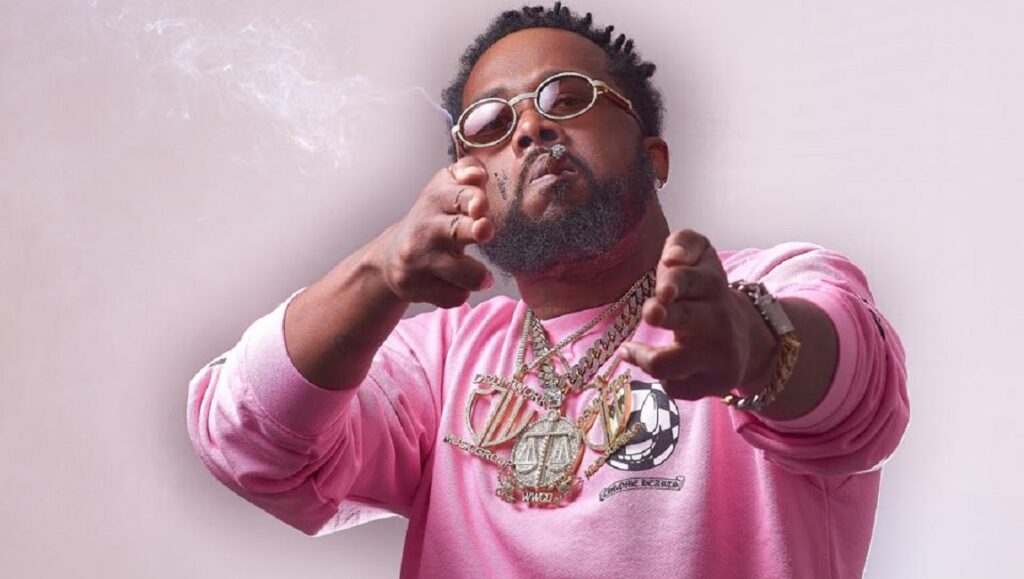With Conway the Machine’s growing popularity comes a cynicism about the state of the rap industry that reads more out-of-touch than progressive.
“In a class full of F students, the C student will always shine”: A classic bit of Big Ghost faux-wisdom (as extolled by Lukey Cage) from the opening moments of If It Bleeds It Can Be Killed, the latest collaboration between the blogger-turned-producer and Griselda’s Conway the Machine. Prior to retiring from his post as the internet’s foremost Drake skeptic, Big Ghost would offer up similar sentiments with some regularity, making a name for himself bemoaning the state of rap music post-808s & Heartbreak and railing against this quality of softness that was bleeding into the genre and (by his estimation) delegitimizing it. He hung up the blogging bit some time ago (perhaps foreseeing that culture was shifting to a place unfriendly towards snide commentary about effeminate mumble rappers or whatever) and has since convincingly repositioned himself as a producer; the staunchly classicalist aesthetics advocated for in his criticism are properly realized in his own production. In Conway, Big Ghost has found an ideal collaborator, a rapper embodying the artistic values that the producer has so vocally championed, and as well, an overt ally in the fight to bring hip-hop back to the year 2000.
As a member of label/collective Griselda Gang (along with his brother Westside Gunn), Conway has grabbed the attention of some major names (his next album, God Don’t Make Mistakes, will be released by Shady Records) and, at age 39, he seems poised to break out on new levels this year. While specializing in a flow and delivery very much in keeping with the stylings of Ghost Face (whose vernacular and syntax were the inspiration for Big Ghost’s blogging persona, by the way), Conway’s approach to grumbled enunciation is distinctly his own. Big Ghost is clearly this album’s mastermind, though; his production choices make overt nods to the aesthetic of the Wu-Tang Clan (cinematic strings and soul samples, mainly) while also incorporating guitars reminiscent of The Black Album on a couple tracks. Both producer and rapper seem uninterested in playing coy about their influences, likely in part because they recreate them quite elegantly. But in the process, they get a bit lost in the act of recreation — dreaming up an album that never was. Granted, Conway has an appropriate claim to the New York rap revivalism project, which is what makes this project mostly work. Big Ghost has found himself a like-minded artist who can convincingly (and with some firsthand knowledge) rap about slinging coke and the violence of gang life. Yet one wishes there was more than a performance of someone else’s performance here — Conway, a lively presence, surely isn’t best served delivering wilted bars about the autotune’s negative impact on the industry (12 years after “D.O.A.”!). In theory, there should be room for nostalgia-driven projects and the recycling of movements and aesthetics. But albums as stubbornly conservative (formally and lyrically) as If It Bleeds It Can Be Killed can track as silly — as if they’ve been created in defiance of culture’s natural tendency to evolve and mutate.
Published as part of Album Roundup — February 2021 | Part 3.


Comments are closed.